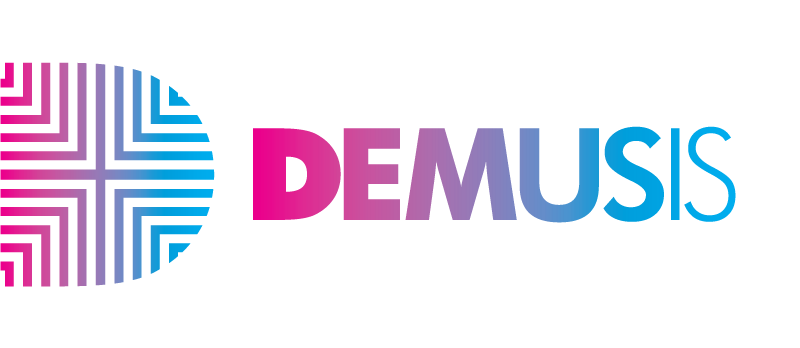Successful implementation of the first new courses developed through DEMUSIS project at P1 (Faculty of Music, University of Arts in Belgrade) and P3 (Faculty of Philology and Arts, University of Kragujevac) regarding introduction of entrepreneurial skills to the music studies curriculum (Introduction to project planning and music entrepreneurship and Basics of music entrepreneurship respectively) in October 2019, along with public procurement of equipment and its subsequent installation in new and upgraded digital laboratories at P1-P3, provided grounds for the launch of the second group of new courses, aiming at enhancement of digital skills and competencies of music students.
Three new courses aiming at enhancement of digital competencies of music students were implemented in spring semester of the academic year 2019/20 at the Faculty of Music, the University of Arts in Belgrade (P1). The new courses – Introduction to digital notation, Contemporary notation and advanced digital notography, Basics of digital literacy for musicians and Basics of working with Digital Audio Workstation – DAW, were developed in coordination of DEMUSIS Faculty of Music team with the Work Group for the modernization of curricula of the Faculty of Music during Spring 2019 and adopted by relevant institutional bodies by October 2019.
The aim of these new courses was to introduce music students to the basics of work with DAW – digital audio workstation using Cubase 10 software, software for digital notation (Sibelius and Finale) on basic (Introduction to digital notation) and advanced level (Contemporary notation and advanced digital notography), while the course Basics of digital literacy for musicians was designed to answer the need of music research students to acquire basic digital skills and knowledge in text, score and sound editing essential for professional work of music teachers and researchers. All the courses were electives and offered to the bachelor students of all study programs – composition, music performance and music research.
The courses were realized in the newly equipped and installed digital laboratory at the Faculty of Music, University of Arts in Belgrade in February, March and June 2020, and online (Zoom platform, YouTube channels) during the State of Emergency in Serbia declared on March 15th over spread of coronavirus.
Over the same period, Academy of Arts – University of Novi Sad (P2) introduced new course Methods in Music Education in Digital Environment – MEDIG as an elective in the master study program Music and Media, Musicology and Ethnomusicology, and as compulsory in Music production master study program. The third national academic partner – The Faculty of Philology and Arts, University of Kragujevac (P3) implemented throughout the same period the course Music in digital environment at Music theory and pedagogy and Music performance study programs, which previously haven’t included digital skills and knowledge in the curriculum.
As in the case of P1, new courses at P2 and P3 were realized mostly online, using university distance learning Moodle-based platforms, along with other applications and tools for communication such as Trello board, Google Classroom and Google Meet, Zoom and other.
Student impressions
I think this is an extremely useful course to such extent it would need to be introduced as compulsory subject, because all music students – be it composers, performers, or future music teachers, should have to be able to write notes, music parts, sheets and scores digitally and by themselves, using software for digital notation. One never knows when it would come in useful. Introduction of this course to the sillabus is an excellent move and I would recommend it to everybody. (3rd year BA student of jazz and popular music module, on the course Basics of digital notation, P1)
I have acquired various knowledge and skills of different programs, such as Adobe illustrator, Photoshop, Sibelius, Audacity, MS Word and Powerpoint, with an emphasis on their application in music study and research. Along with theoretical explanation of their use, we did individual short tasks by ourselves. At the end of the course we implemented the new skills into the realization of our annual seminar papers, by inserting and editing music examples, charts, and making presentations. The work on the course has enhanced the whole experience of preparing the papers, rising the final outcome to a new level. (4th year BA student of ethnomusicology module, on the course Basics of digital literacy for musicians, P1)

